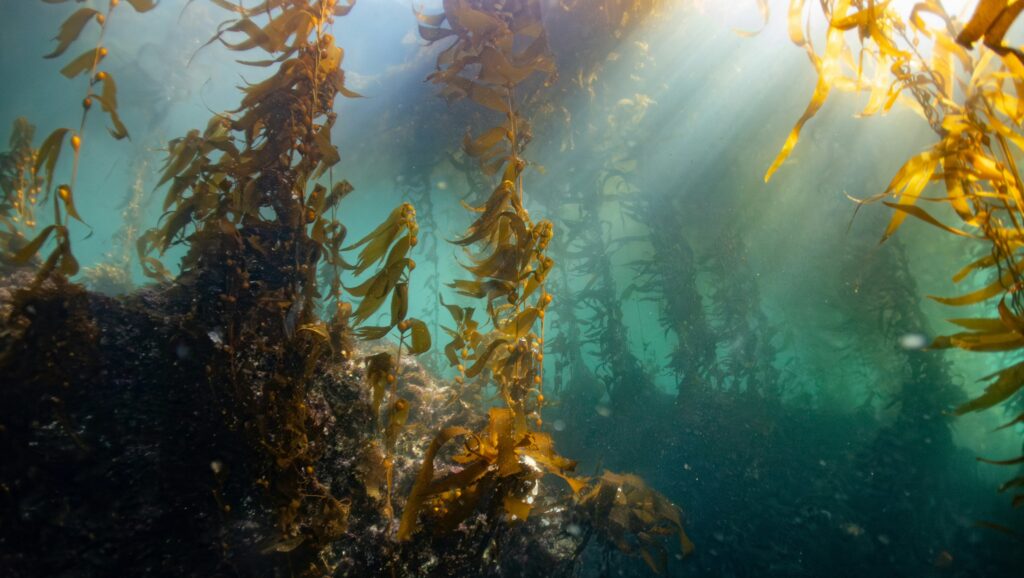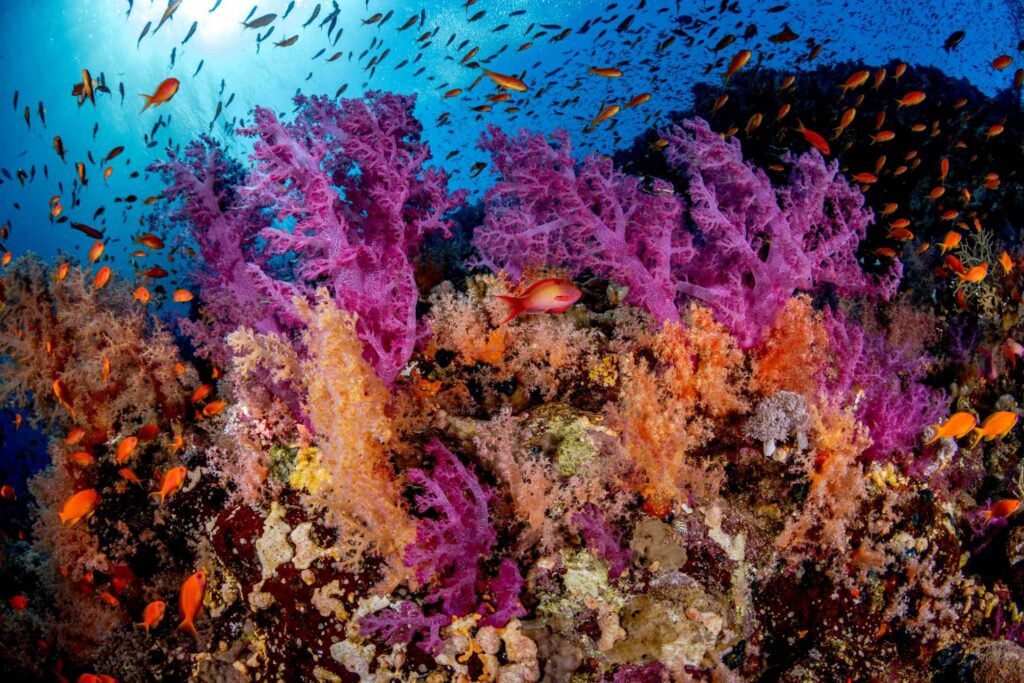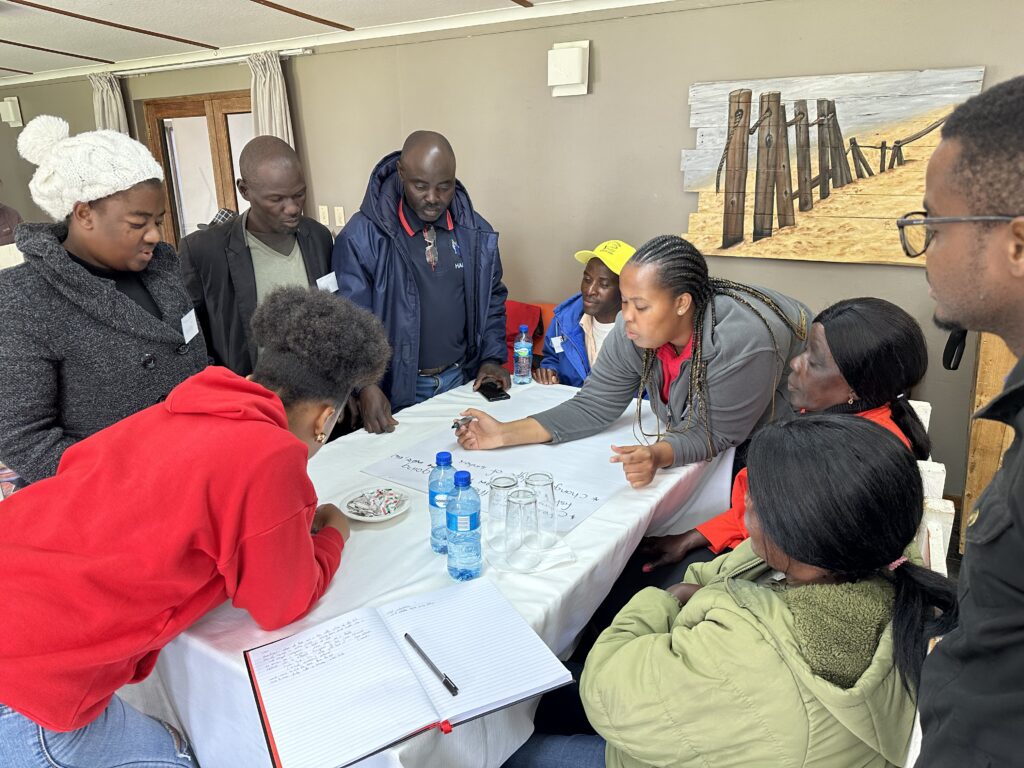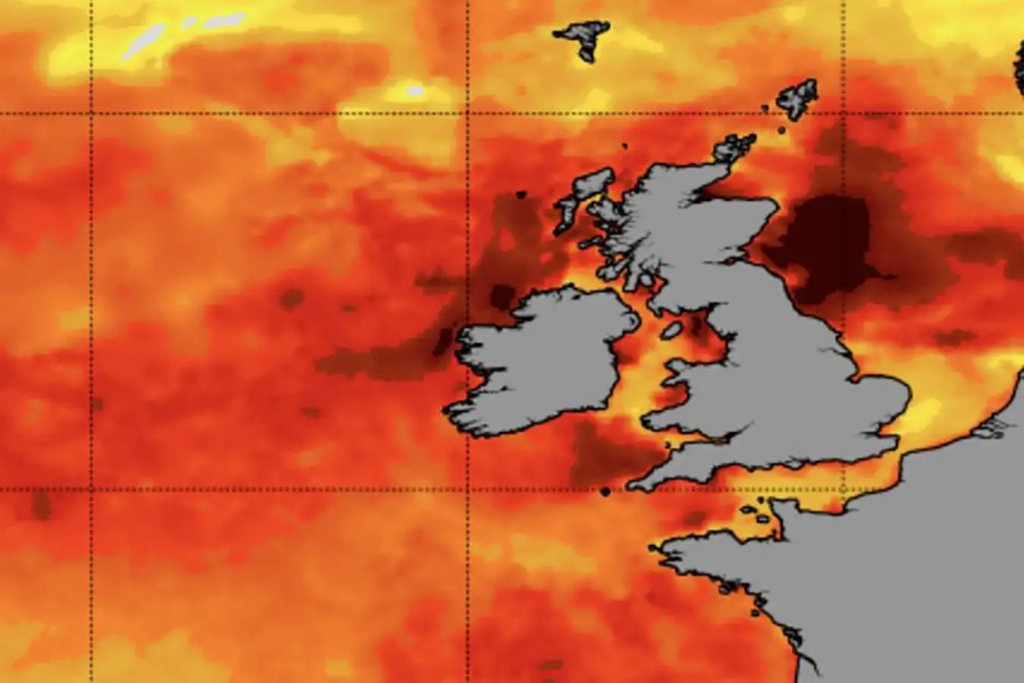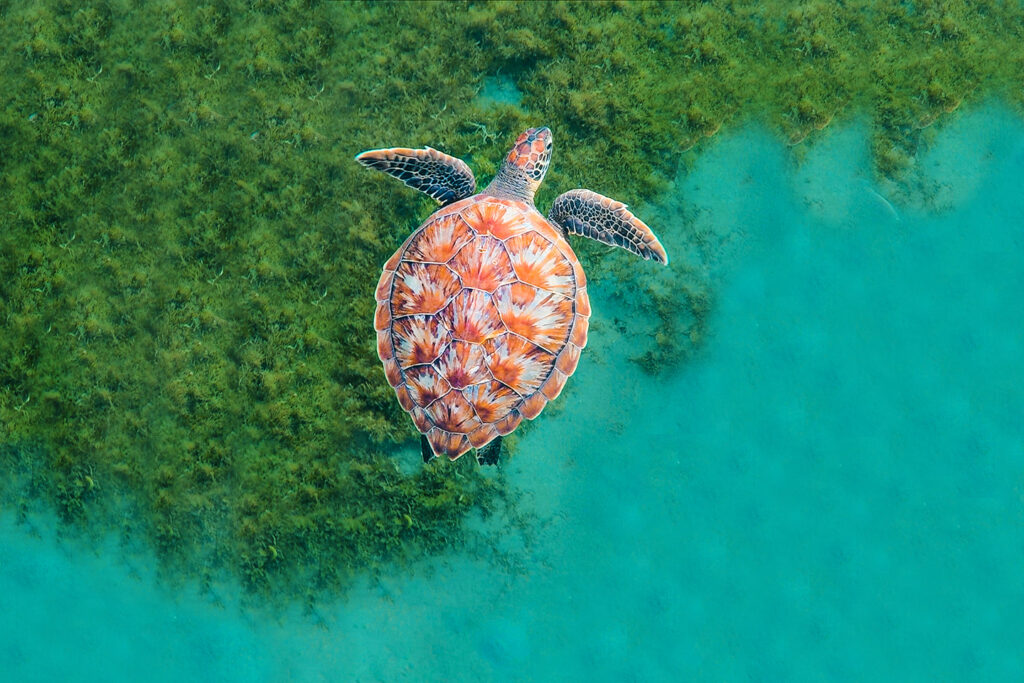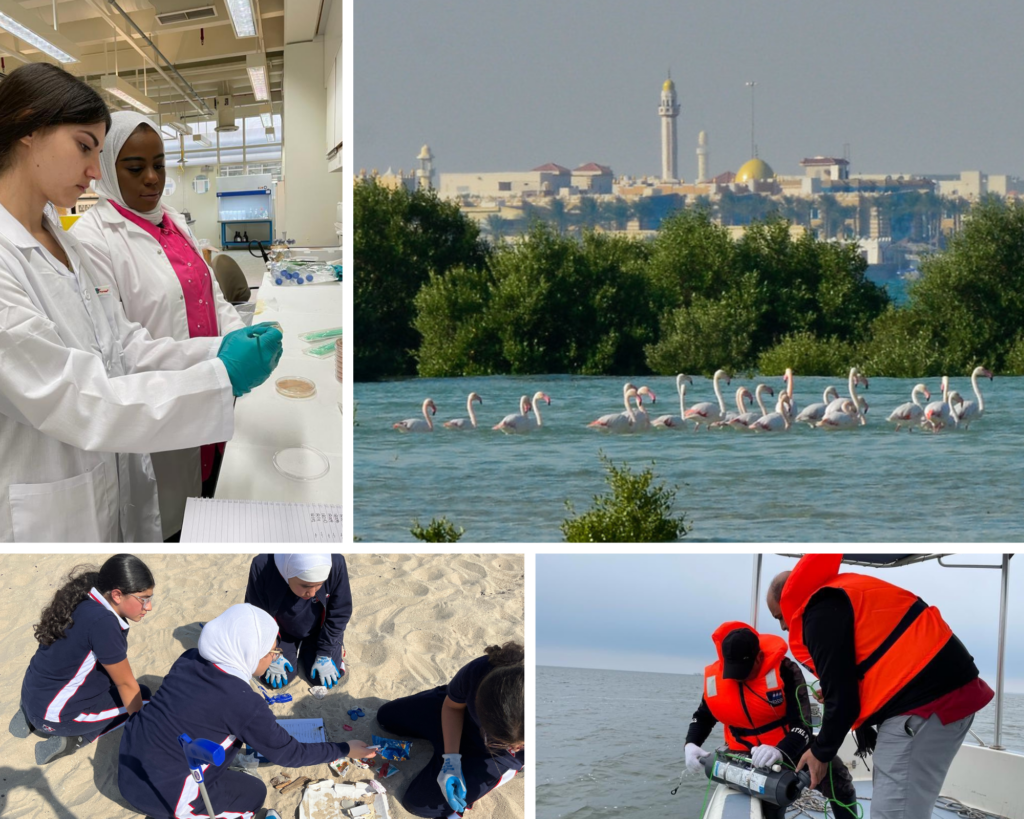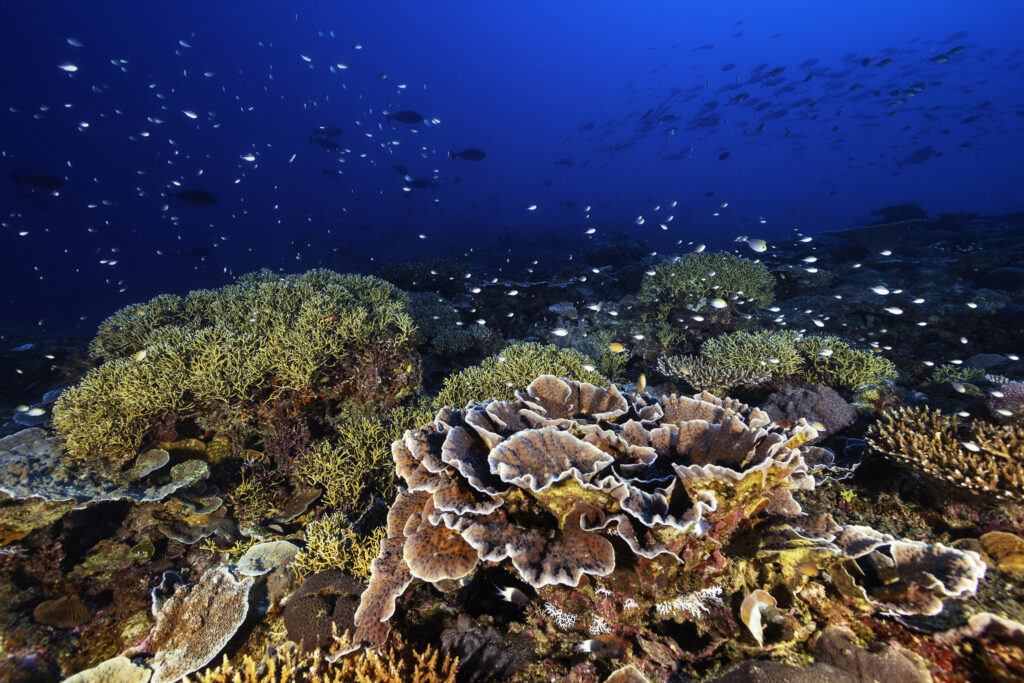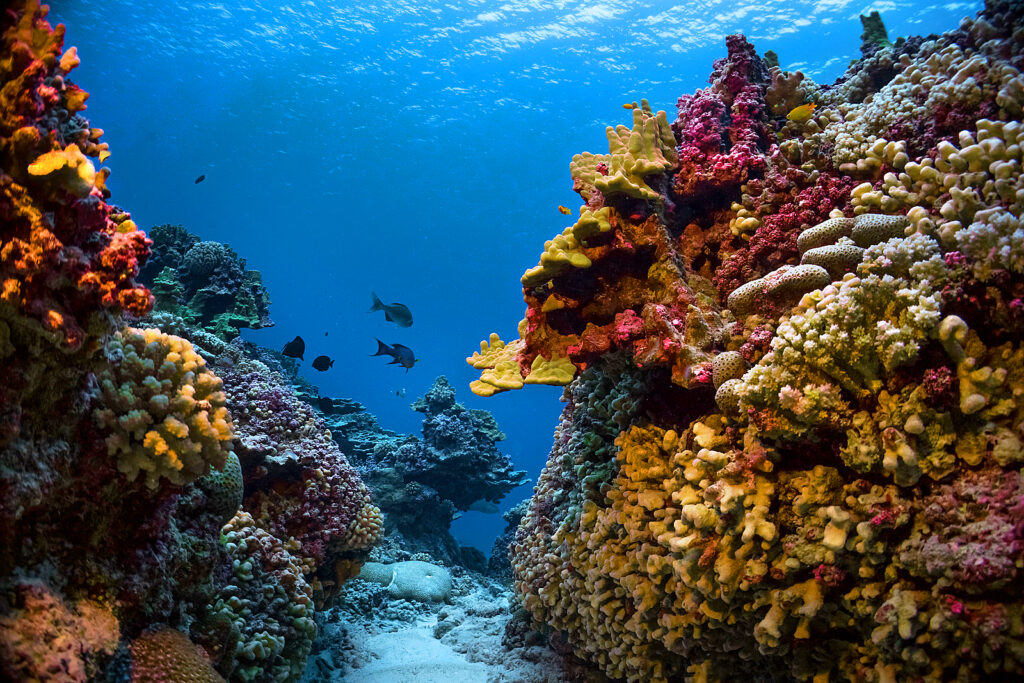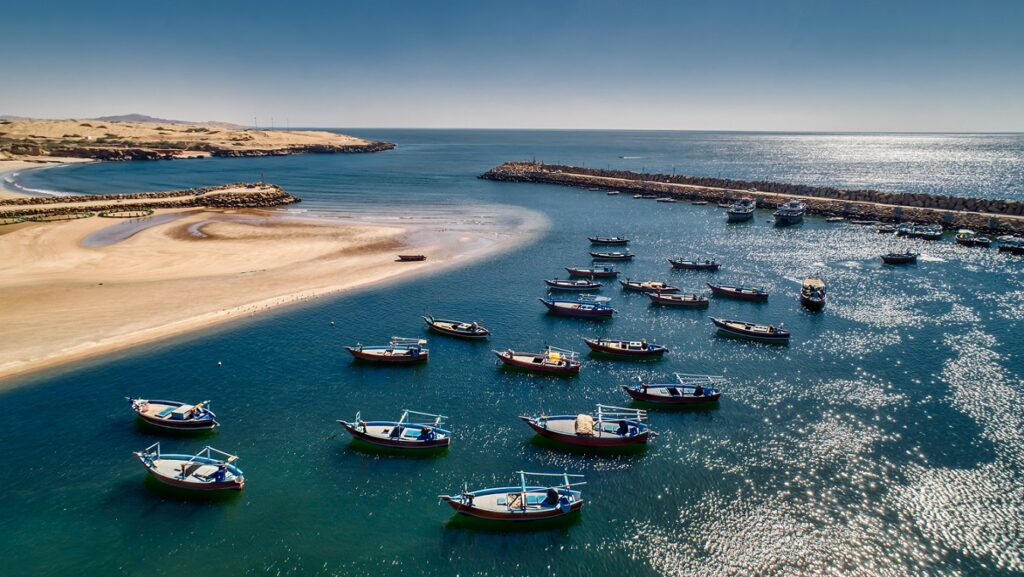As world leaders gather in Belém, Brazil, this week for the UN Climate Change Conference COP30, the role of nature-based solutions in addressing climate change is once again under the spotlight.
Coral reefs are vital for our oceans. They are among the most diverse and productive ecosystems on the planet, providing habitat for a vast array of marine life. They also provide livelihoods for over 600 million people, and coastal protection …
In this Q&A, Georg Engelhard Principal Marine Climate Change and Fisheries Scientist at Cefas, discusses a new One Ocean Hub paper titled “Climate risk assessment of the fisheries in Namibia” and its associated policy paper. It is the outcome of …
By John Pinnegar, Director of the International Marine Climate Change Centre, Cefas and Caroline Rowland, Head of Oceans, Cryosphere and Dangerous Climate Change, Met Office. In 2023 and 2024, global air temperatures reached unprecedented levels, with 2023 being officially the …
The importance of mangroves and other blue carbon ecosystems in mitigating the impacts of climate change is once again high on the agenda at this year’s Nature, Land-use, and Oceans Day at the UN Climate Change Conference COP28 in Dubai. …
Our Climate, Health, and Environment Resilience Programme (CHERP) has recently kicked off another year of activity in the Middle East. With the UN Climate Change COP28 currently underway in the region, we are taking a look back at what we …
As world leaders meet at the United Nations Framework Convention on Climate Change (UNFCCC) 28th Conference of the Parties (COP28) in Dubai this week, Cefas Middle East Programme Director Will Le Quesne, discusses the challenge of climate change facing the …
Coral reefs are one of the most important ecosystems in the world, supporting up 25% of the ocean’s marine life. However, warming temperatures and ocean acidification have led to a decline in coral reef richness in much of the tropics. In …
The UK overseas territory of the Pitcairn Islands is one of the most remote in the world. Spanning the four small islands of Pitcairn, Oeno, Henderson, and Ducie, they form part of a remote volcanic outcrop in the Southern …
As world leaders meet at the United Nations Framework Convention on Climate Change (UNFCCC) 27th Conference of Parties (COP27) in Egypt this week, Cefas Middle East Programme Director Will Le Quesne discusses the challenge of climate change facing the world’s …
